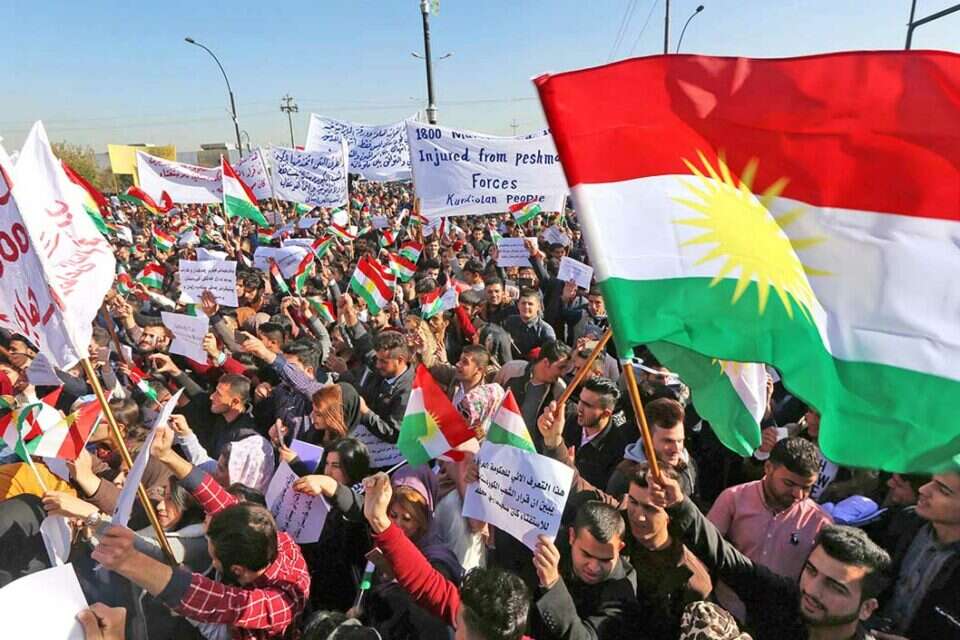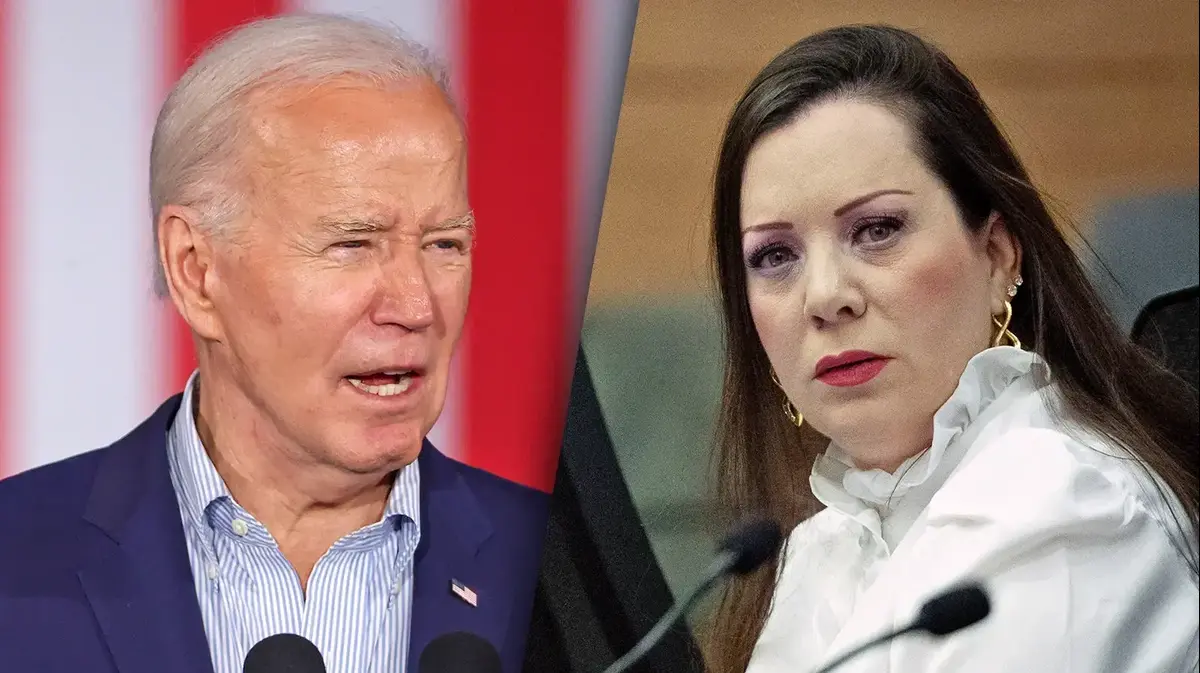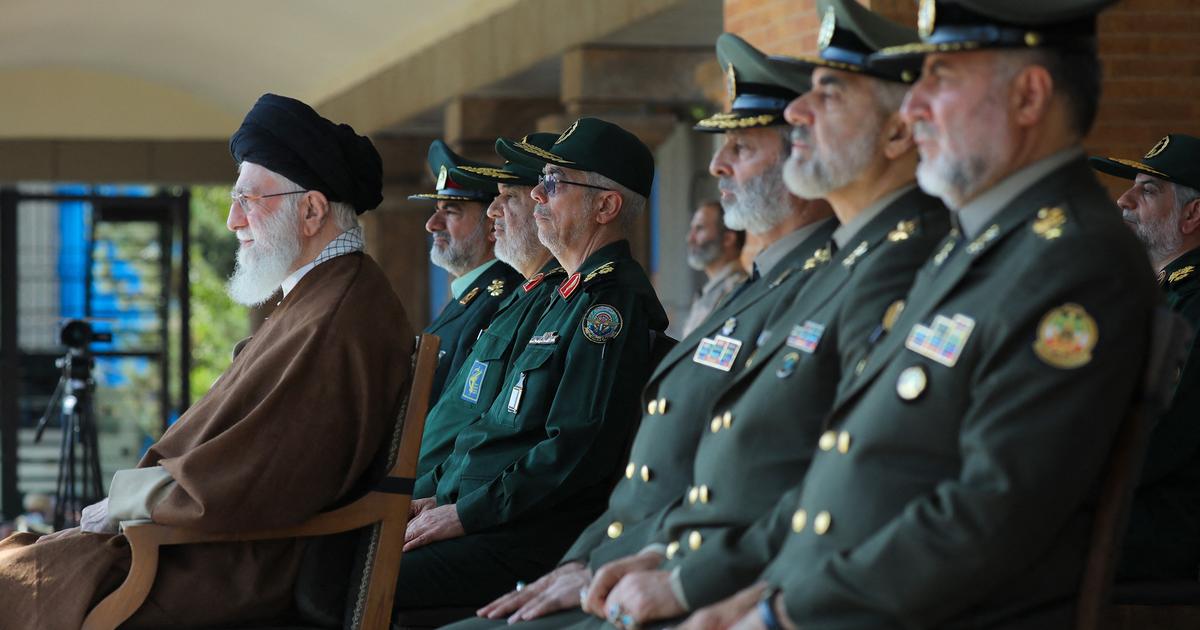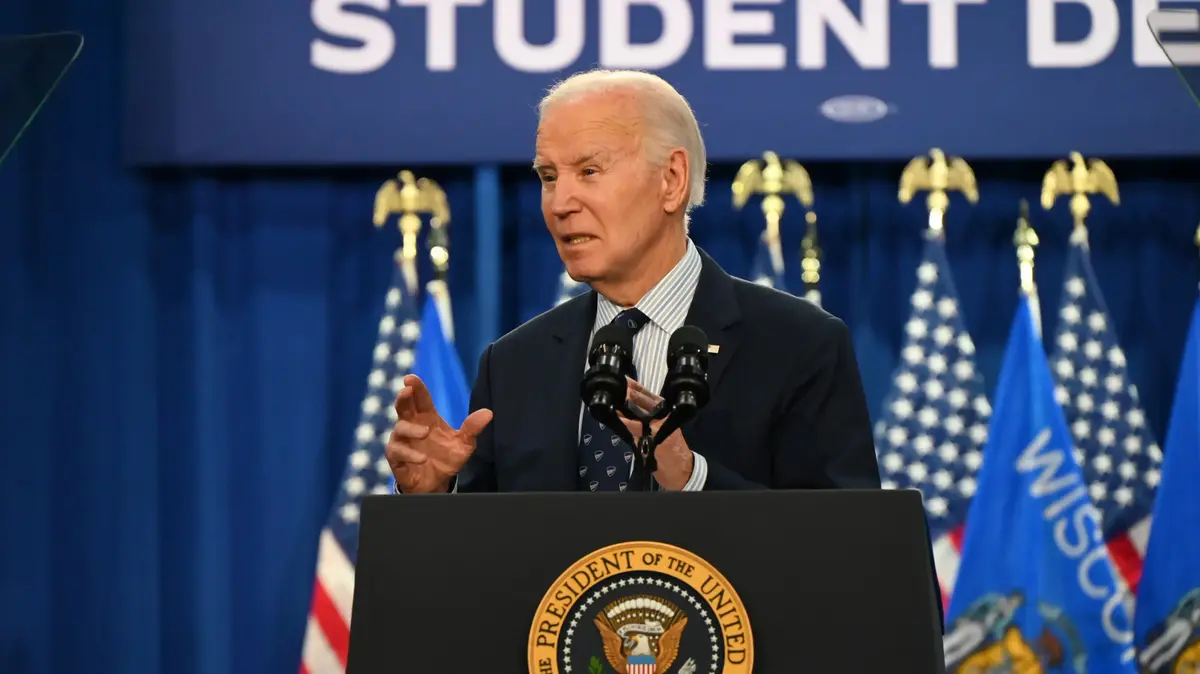Following the Iranian ballistic missile attack on various sites in Arbil, the capital of the Kurdish autonomous region in northern Iraq, it has been claimed that two Israeli bases are still active in the self-governing region.
A clear demand was made to bring about evacuations, or Iran would operate militarily freely.
The Iranian aggression against Kurdish autonomy and the complex relations between Arbil and Baghdad can be described by words, but whether the Iranian claim that Israel operates out of the realms of autonomy is correct or not - its very play implies that there is a clear connection between the Kurdish political entity in northern Iraq and Israel. Very much between a Muslim minority and the Jewish state.
The Kurdish autonomy in northern Iraq - or the Kurdish regional government - was established in 1992, after the Gulf War declared a no-fly zone over the Kurdish parts of northern Iraq, which led to the expulsion of Iraqi dictator Saddam Hussein from the region. - The fierce Peshmerga fighters - established a parliament and government, and the city of Arbil became the capital of the region.
The autonomous region experienced a bloody civil war between 1994 and 1997 between the two main Kurdish political factions.
The war ended in a political settlement that allowed a certain degree of stability and democracy in the region.
After the fall of the Saddam regime in 2003, the Kurdish Autonomous Region became part of the Iraqi Federation and gained autonomy.
This has led to significant economic prosperity.
Unlike Iraq, which sank in an all-out war and an endless recession, the Kurdish region grew and developed.
Relationship - and warming
The connection between the Jewish state and the Kurds in northern Iraq was formed long before they gained any degree of autonomy.
The relationship began in the 1960s, when the Israeli government aspired to form a coalition of non-Arab forces in the Middle East, in order to gain a degree of advantage over the unity of Arab states in their struggle against Israel.
With Iranian assistance, the Mossad armed and trained the fighters of renowned Kurdish leader Mustafa Barzani.
Kurdish leaders - including Barzani himself - paid secret visits to Israel, and representatives of the Israeli military and government arrived in northern Iraq.
The connection between the Kurdish minority in Iraq and Israel reached its peak in 1966, when a force of Kurdish Peshmerga fighters managed to eliminate a brigade of the Iraqi army on their own in a battle south of Arbil.
Israel even set up a field hospital at the time for the wounded Kurdish fighters.
Peshmerga fighters in training in northern Iraq, Photo: Wikipedia
Despite this, in 1975 Iran severed ties with the Kurds, and the relationship between Israel and the Kurds was somewhat severed.
Despite the severance of the ties and difficulties encountered by the Kurdish struggle for independence, pro-Israel sentiment among many members of the Kurdish leadership remained the same - and Israel even transferred humanitarian aid to northern Iraq through Turkey in the 1980s.
With the expulsion of Saddam's forces from northern Iraq, renewed warming in relations began.
In 2004, the leader of the Kurdish region, Massoud Barzani, met with Prime Minister Ariel Sharon, and the two announced certain relations between the autonomy and Israel.
Barzani himself later stated that if Iraq establishes relations with Israel, it will work to establish an Israeli consulate in Arbil.
Over the years, foreign reports have pointed to a growing connection between Jerusalem and Arbil, and during the war against ISIS between 2014 and 2017, it was reported that Israel helped Peshmerga fight the terrorist organization.
"Happy with the success of Israel"
In light of the growing threat from Iran, many in Iraqi Kurdistan see the alliance with Israel as another cell that will help secure the future of autonomy and perhaps in the future launch it into independence.
International Relations Researcher, Mahdi Faraj,
Dr Mahadi Faraj, a lecturer and international relations expert from Kurdish Autonomy, says: “We share a lot of common characteristics.
In the past, the Kurds helped Jews immigrate to Israel, and Israel helped the Kurds fight Saddam.
Like many Kurds, I am happy with Israel's success and know its story well.
I would like to see Israel help bring about a solution to the Kurdish national question. "
Were we wrong?
Fixed!
If you found an error in the article, we'll be happy for you to share it with us








